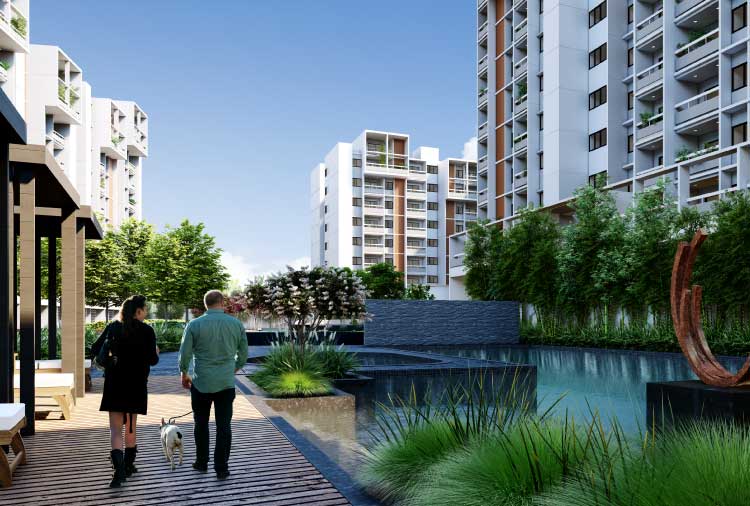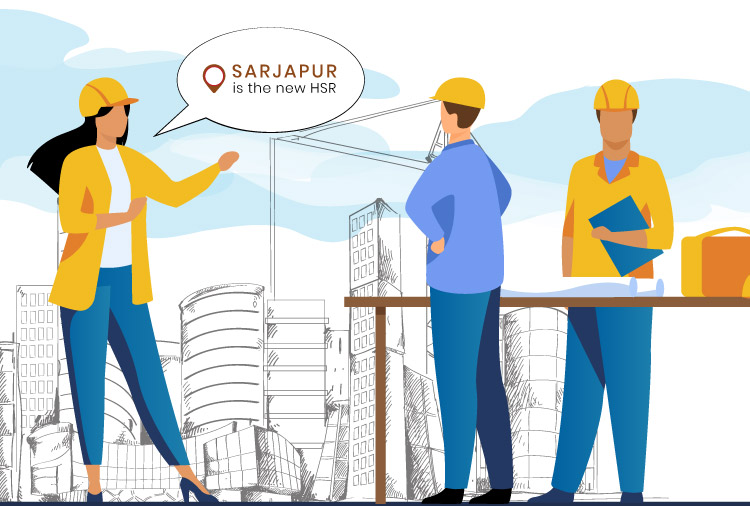
1. What is the first step of the home buying process?
Taking stock of your financial situation is the first step of the home buying process. Having a sound understanding of how much you can afford to spend on a home helps you narrow down the options that are available to you. This will prevent you from wasting time and emotional bandwidth on homes that are not within your budget.
2. How long does it take to buy a home?
In an ideal situation, buying a home can take around 10 to 12 weeks, from starting to search online to closing the paperwork on a property of choice. However, if you are well prepared and able to pay in cash, the process of buying a home can be completed much faster. Market conditions play a big part in how fast homes can be bought or sold. If the market is demand-heavy, buying a home can take longer than usual.
3. What is a seller’s market?
In a seller’s market, the increasing demand for homes causes prices and demand to go up. Some of the factors that drive demand are economic factors (such as migration), and lowering of interest rates which improve affordability and create more buyer interest. Short-term increases in interest rates may compel buyers who are considering taking the plunge to act fast before their purchasing power gets affected by market factors.
4. What is a buyer’s market?
In a buyer’s market, home prices are generally lower than the average benchmarks and several factors affect long and short-term buyer demand. Some factors that can lead to the creation of a buyer’s market are the hiking of interest rates. However, when interest rates are hiked, home prices are typically dropped to meet the demand level and buyers are generally able to find better deals.
5. What kind of credit score do I need to buy a home?
The minimum CIBIL score to avail a home loan in India varies across different lenders. Some lenders have a cut-off score of 650, while others may require you to have a credit score above 700.
6. How much do I need for a down payment?
Depending on the criteria used for pre-qualifications, most lenders require you to pay 20% of the value of the loan as a down payment. Several lenders also allow you to avail of a loan with less than 20% of the loan value as a downpayment, provided you pre-qualify for the loan.
7. What is a stratified market?
A stratified market is defined as one where there are different price points for supply and demand factors. Within the context of home buying, this means different houses in the same areas are available at varying price points.
8. What is RERA approval?
The Real Estate (Regulation and Development) Act, 2016 (RERA) is an Act passed by the Indian Parliament to protect the interests of home buyers and also boost investments in the real estate sector. Usually, RERA approved means RERA registered, which certifies that the property meets all the rules and regulations put in place by the government.
9. How is stamp duty decided?
Stamp duty is based on the market value or the agreement value of the property, whichever is greater.
10. What is the difference between carpet area, built-up, and super built-up area?
The area of an apartment or building, not inclusive of the area of the walls is known as the carpet area. When the area of the walls including the balcony is calculated along with the carpet area, it is known as a built-up area.


